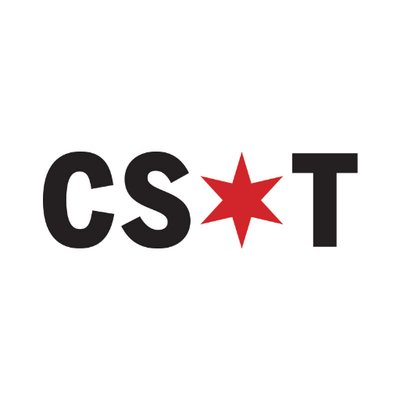



Finding that “even the most important personal freedoms have their limits,” the federal appeals court in Chicago on Friday sided with Illinois in legal challenges aimed at blocking the state’s nearly year-old assault weapons ban.
“Government may punish a deliberately false fire alarm; it may condition free assembly on the issuance of a permit; it may require voters to present a valid identification card; and it may punish child abuse even if it is done in the name of religion,” Judge Diane P. Wood wrote. “The right enshrined in the Second Amendment is no different.”
The court heard arguments over the assault weapons ban in late June. The three-judge panel seemed to struggle at the time with guidance laid out by the U.S. Supreme Court in a crucial decision handed down in June 2022.
In that decision, known as New York State Rifle & Pistol Association v. Bruen, the Supreme Court found that gun regulations must be “consistent with the nation’s historical tradition of firearm regulation.”
Opponents of the Illinois law argued that the decision forbade governments from banning weapons that are “in common use.” But Judge Diane Wood remarked that it was “very troublesome to have a popularity contest decide a constitutional principle.”
Judge Frank Easterbrook questioned one lawyer about whether a Depression-era law against machine guns, following their use in Chicago’s St. Valentine’s Day massacre and other mob hits, was unconstitutional.
“They were especially common in Chicago,” Easterbrook said of weapons like the Thompson submachine gun.
One of the lawyers challenging the ban countered that such weapons were not found in the hands of law-abiding citizens but “gangsters and mobsters.” She also wrote in briefs ahead of the hearing that state governments historically declined to ban semiautomatic weapons, even while banning automatics.
State lawyers argued in their own briefs that “there is a well-established tradition pre-dating the Founding era whereby a weapon is introduced into civilian society, proliferates to where it causes a substantial threat to public safety, and is then regulated to curb the public harm stemming from its use.”
Illinois’ law bans the sale of assault weapons and caps the purchase of magazines at 10 rounds for long guns and 15 for handguns. Anyone who already owns the banned guns is allowed to keep them but required to register them with the Illinois State Police by Jan. 1.
Millions of Americans own those guns, attorneys say.
The law was enacted in January in response to the shooting at Highland Park’s Fourth of July parade that left seven people dead.
The Illinois Supreme Court narrowly upheld the law Aug. 11 in a lawsuit brought earlier this year by a central Illinois legislator who argued that the sweeping ban violates the state constitution.
Contributing: Tina Sfondeles
